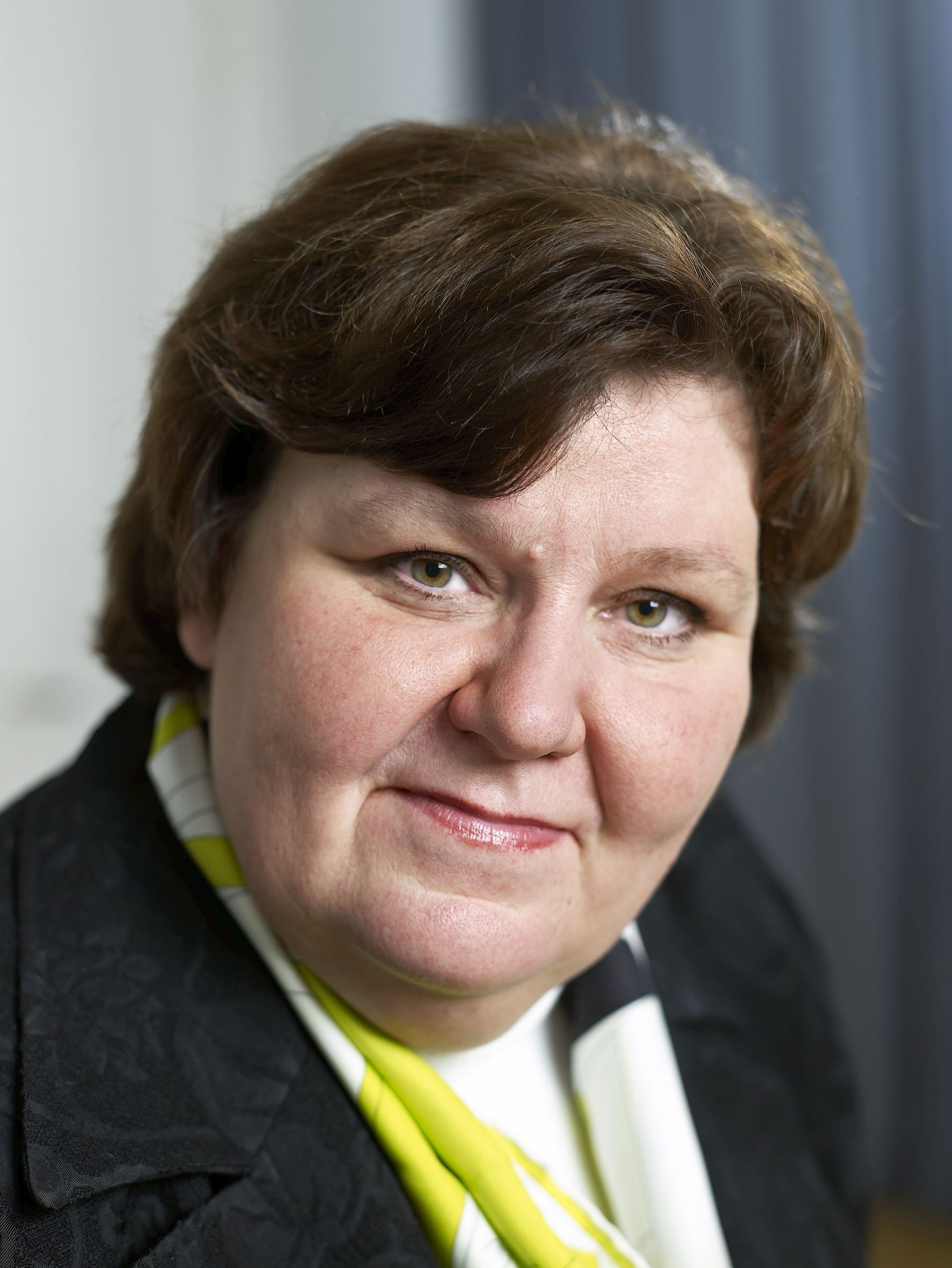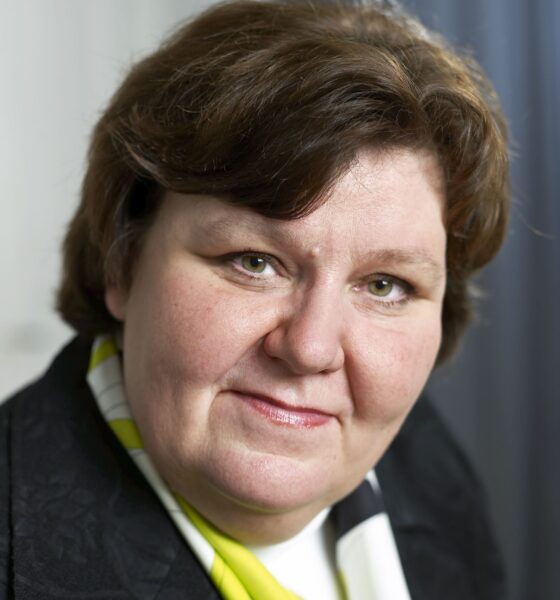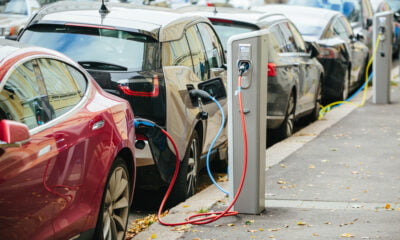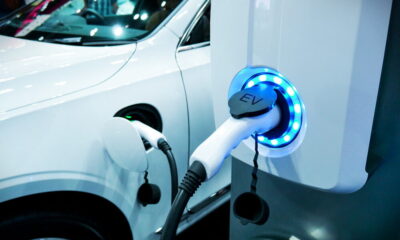

Features
The future of EVs: What can the power industry do to facilitate the electric vehicle transition?
Changing consumer mindset is crucial for electrical technology to progress, says Ulla Pettersson, Advisory Board member for POWER-GEN Europe and Managing Consultant and Founder of E for Energy Management.
The power industry is currently facing a catch-22 dilemma with regards to how to introduce new technology for charging cars with electricity. The industry needs investment from consumers in order to progress rollout so that it is a competitive alternative to existing combustion options. However, consumers will not fully invest – i.e. switch from petrol and diesel cars to electric vehicles – until the offering is completely integrated into society and convenient to use. Clearly then, there are infrastructural deficiencies that must first be addressed by the power industry in order to make electric vehicles a financially viable option for consumers and kick-start widespread adoption across Europe.
A universal definition of smart grid is required
Power industry technicians have publicly layered significant expectations onto the concept of a ‘smart grid’. It is speculated to solve all industry problems when transferring from predictable base load sources of power to intermittent renewable sources; to balance the grid and avoid expensive peak capacity; and to enable smart meter consumption, amongst other applications.
However, whilst smart grid is arguably the most innovative invention since the millennium, it is still in its infancy – there is currently no universal definition of its capabilities. Attributing a ‘fix-all’ character to the technology will inadvertently ensure that it fails to fulfil the media hype and industry expectations, thus its integration into energy consumption will be slowed down.
Whilst smart grid is undeniably where energy consumption is heading, a universal definition is required to clarify industry and consumer comprehension of the technology’s functionality and position in society. Only then will it be fully accepted and adopted as, currently, consumers and generation companies don’t understand how smart grid will be used in the future or if it will facilitate the adoption of electric vehicles, so they aren’t immediately investing in the new technology and making the transport transition.
Petrol and diesel infrastructure is better than electric vehicle infrastructure
Charging points do exist across Europe but they are not currently competitive with the number of petrol stations. For example, a rally arranged by Eurelectric last year showed that it’s possible to drive on electricity from Strasbourg, Belfast, Milan, Hanover and Vienna to Brussels, but this requires significant route planning and is not feasible for consumers today.
Limited consumer demand for charging points cannot currently justify the expense of installing charging points nationwide to the same extent as petrol stations, but consumer demand will not increase until the supply is already established.
Whilst electric vehicles can be used as plug-in hybrids, which allow the owner to drive on petrol or diesel when charging isn’t viable, or if time is a constraint, this technology is more expensive than battery-only operated electric vehicles.
The most effective solution would be to commit to a regional roll-out of charging points. However, the location of these resources is crucial. Arguably, it is tempting for companies to install charging points in cities as it follows logic that demand will be higher in areas of dense population.
There is no logical barrier to the technology availability of electric vehicles, however a robust definition is essential to support successful rollout. This transition will also require collaboration across Europe in terms of infrastructure, especially establishing smart grid base functionality, to persuade consumers to invest in the new technology. Together these actions will create a financially attractive environment for consumers which will lead to the increased adoption of electric vehicles across Europe.
About POWER-GEN Europe
The drastic change in the power sector caused by the moves towards a decarbonised energy sector and a green society requires new approaches, new products and new skills. The POWER-GEN Europe conference and exhibition will take place on 9-11 June, 2015 at the Amsterdam RAI in the Netherlands. It remains the destination of choice for stakeholders to gain and exchange key insights and learning as all aspects of Europe’s energy transition come under the spotlight. Utilities, equipment producers, service providers, city energy co-ordinators, consultancy firms, financiers, data handlers and grid operators will share their experiences and knowledge, and discuss the industry’s current and future needs. For more information and to register for the event visit: www.powergeneurope.com
We’re live on Crowdcube. To own a share in our tomorrow, click here.
#investaware


 Environment11 months ago
Environment11 months agoAre Polymer Banknotes: an Eco-Friendly Trend or a Groundswell?

 Features10 months ago
Features10 months agoEco-Friendly Cryptocurrencies: Sustainable Investment Choices

 Features11 months ago
Features11 months agoEco-Friendly Crypto Traders Must Find the Right Exchange

 Energy10 months ago
Energy10 months agoThe Growing Role of Solar Panels in Ireland’s Energy Future






























